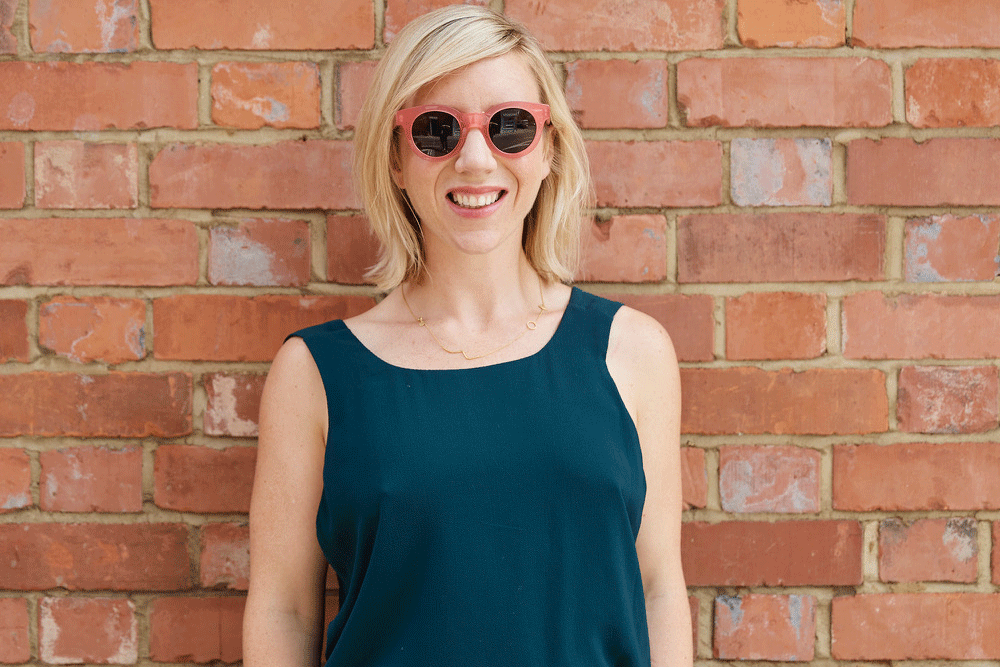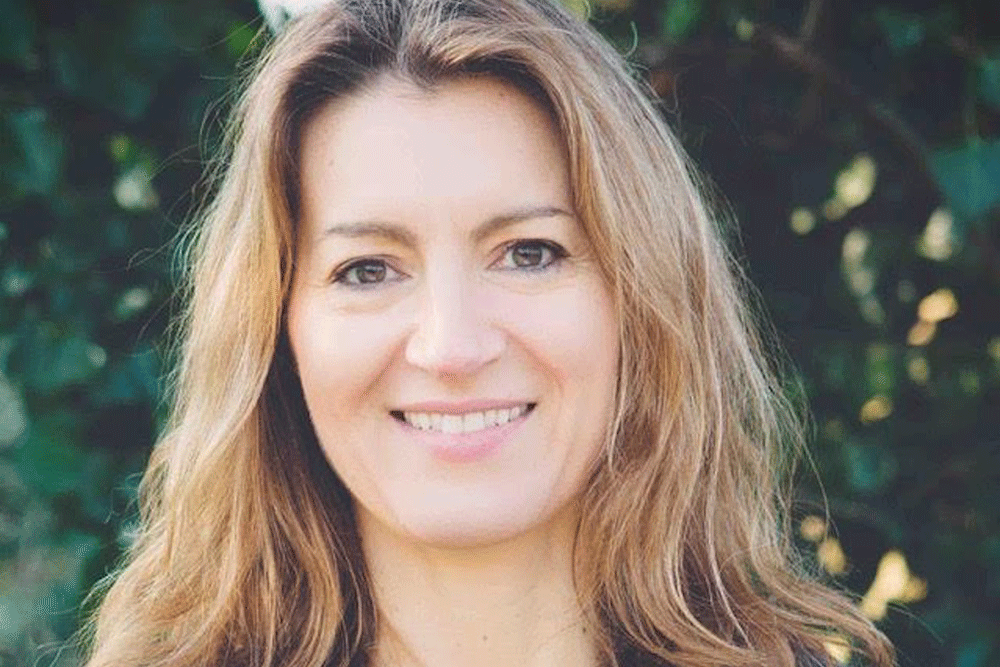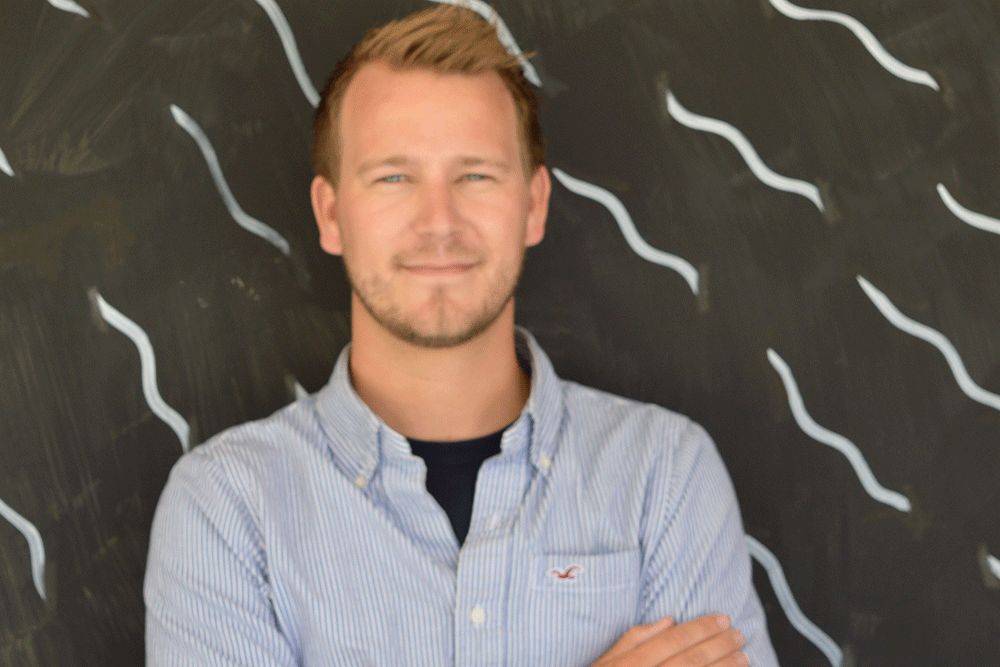 Wellness Community
Wellness CommunityMeet the brains behind three of London’s biggest wellbeing start-ups

You’ve probably noticed it: the trend for physical and wellbeing has boomed in the UK, resulting in a huge number of forward-thinking health start-ups with ever more niche USPs.
That chichi new raw food cafe, those bamboo fitness brands being advertised on your Facebook, the rise of the Insta-foodie. Your day-to-day is seeing the effects of the rise in wellbeing companies selling everything from healthy nutritional supplements and ethically-sourced natural foods to personalised fitness equipment and wearable fitness tech.
The wellbeing trend grew by 10.6 per cent between 2013 and 2015, according to the Global Wellness Institute, and is now worth $3.72 trillion globally. The number of online searches for related terms are also, unsurprisingly, on the up. A study by Hitwise noted searches for the word ‘vegan’ has increased by 221 per cent over the past three years, with ‘dairy-free’ and ‘vegetarian’ not far behind.
With the success of subscription food boxes like Hello Fresh, healthy snacking companies like Graze and the vast foodie blogger movement, making the likes of Deliciously Ella a household name, it’s even influencing the food industry. Simply Business has received a 272 per cent increase in business insurance applications from nutritionists and dieticians over the past five years, while start-up quotes for independent gyms have risen by 59 per cent and personal trainers by 24 per cent.
‘Over the last few years we’ve seen a steady increase in the number of well-being brands coming to us for advice about starting-up,’ said Emma Jones, founder of small business support group Enterprise Nation.
Following this rise in interest for clean-living businesses, Enterprise Nation launched The Wellness Exchange. The fitness and nutrition event will host brands, as well as giving information on pitching to buyers and learning how to run a successful, sustainable, business.
So who are the people behind the new wellness brands?
Pip Black (Founder of Frame, London)
You will have heard of Frame… It’s where your friends who are always wearing leggings when you meet for brunch go for their yoga and pilates. The now-ubiquitous exercise studio was started by Pip Black and co-founder Joan Murphy as a pay-as-you-go chain in 2009 with the launch of Frame Shoreditch.
The friends noticed a gap in the market while they were living the classic London life. While ‘working in marketing and partying too hard’, they began missing the feel-good endorphins that come with exercise. When they couldn’t find any options that were ‘affordable, fun and required no commitment’, they decided to create one themselves.
The Frame business is proving popular. It has expanded to three other locations, in Queens Park, Kings Cross and Victoria, with retail and café sales doubling in the past year, along with an increase in class bookings.
Though the wellness trend has unarguably been a big part of its success, Pip says: ‘It is our duty to act responsibly and to not just see this movement as a way to make money, but to put ‘wellness’ at the heart of what we do.
‘I’d like to think that it’s not a trend but instead, as a generation, we’re becoming more aware of how to feel good and start taking more care of ourselves. There are huge opportunities for individuals and businesses to improve the quality of our lives, whether through nutrition, exercise or calming the mind.’
Her advice for anyone setting up a wellness firm today? ‘It’s not going to be an easy ride. You have to be prepared to work crazy hours and to say ‘bye’ to your social life for a while. Write a business plan that includes a proper set of financials or you’ll never know if the business is capable of making money and succeeding. No matter how wonderful your idea, if the numbers don’t work, you won’t make it. I have recently read Business for Bohemians, by Tom Hodgkinson, which is a fantastic read for anyone thinking of starting a business or in the early stages.’
Inés Hermida (Founder of Macacha, Shoreditch)
Inés was the head of health and beauty at Whole Foods in 2015 when she noticed a gap in the market for a natural protein shake business. And so, Macacha was born.
‘I would run in the morning before work and started drinking protein shakes as a quick snack solution. It was so hard to find a natural and clean brand, so I would blend my own with superfoods, greens, probiotics and herbal ingredients’, said Inés.
‘My knowledge came from my experience at Whole Foods and developing my product at Macacha was a natural development.’
The increased interest in nutrition has been apparent to Inés, who’s noticed fitness studios adding more clean protein options to their menus around London and the UK.
She sees the wellness trend as an opportunity to ‘make us more conscious consumers with more awareness of the environment and animal welfare. Products that incorporate that mindful and holistic approach — where the quality of ingredients and transparency of sourcing and awareness of their environmental impact is integral to the brand — have a better chance of success than ever.’
What would she say to anyone thinking about giving up their job and setting up a wellness business? ‘Working in the industry would be a great transition before launching your own business. Building that network and really getting to know and understand how it all works is invaluable.’
Chris Bailey (Founder of Disrupt Sports, Bristol)
Chris Bailey set up Disrupt Sports, a range of personalised sports equipment, in 2014 with his co-founder Gary Elphick.
He was working for a large corporate company when he decided he wanted some autonomy. He was taking some time out, living in Sydney, where he had got into surfing, when he noticed there was no custom-made sports equipment.
‘From surfboards to yoga mats, I was finding the shapes, sizes and designs were all dictated by someone else. I knew what I wanted in terms of look and feel of my board, yet every shop I went into, they just pointed me to some pre-made model that everyone else had, so I thought there must be so many people who have the same problem’, said Chris.
It seems other people had been experiencing the same problem. In the past 12 months the firm has seen an incredible 300 per cent increase in interest for its products, and it’s expanded to sports havens California, Sydney and Bristol.
And his advice for anyone starting out in the industry? ‘You must scale your business equally — sales, marketing, operations and finance — as one without the other is a potential to fail. Also, remember: it is OK to make mistakes. But you must learn fast, as you cannot afford to make the same mistake twice. If you lose a sale or something goes wrong, find out what went wrong, and how you can put actions in place to stop it happening in the future.’
Get tickets to meet more successful start-up founders at The Wellness Exchange on March 10 in Canary Wharf.





